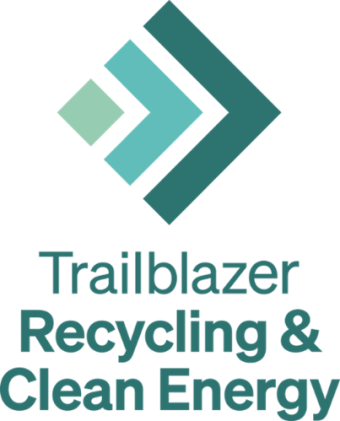Latest news
Read the latest news from the Centre for Sustainable Materials Research and Technology
Green Aluminium, or Thermal Disengagement Technology (TDT), offers an innovative, efficient, and sustainable microrecycling technique to separate the materials in complex polymer-laminated metal packaging waste.
Green Aluminium TDT can transform the aluminium into a clean and green metal, allowing it to be extracted in a way that means it can be used as a high-quality material for manufacturing, while minimising residual waste.
Waste polymer laminated aluminium packaging (PLAP) material were analysed by TDT to explore the prospect of recycling the metal-polymer multilayer materials with minimum contamination and zero waste of metal (aluminium).
Laminated polymers on the metallic surface essentially demand some extra effort and energy to recycle the metal in its original form.
In recent studies, the effect of the laminated polymers of the aluminium surface to protect the surface contamination by means of oxidation was explored. The rate of the transformation of the polymers in the air atmosphere is higher than the rate can be achieved in an inert atmosphere.
TDT to recycle the polymer laminated aluminium packaging with and without an inert gas supply has been developed to produce specifically high-quality aluminium.
The level of purity of recovered aluminium is achieved ~96-99% with minor impurity/alloying elements of C, Si, Fe, etc. Oxidation of the recovered aluminium was controlled and detected less than 1% by our new and innovative TDT.
The cleaner aluminium produced by this process has the desired scalability which is required for taking laboratory batch reactions towards industrial production.
The recycling of PLAP materials demands a process where whole materials can be processed and recycled with a minimum waste of energy and materials. TDT overcomes these constraints.
Several recycling techniques including traditional smelting have been practiced by the researchers and professionals. But the major problems associated with the traditional smelting of PLAP materials are excessive material loss and lack of controlling aids during the smelting.
In many countries, waste polymer laminated metal packaging materials along with other municipal solid waste going to landfills or incineration and some of the materials are recycled in metallic forms from the bottom ash components by industrial separation. The low value packaging materials containing polymers and aluminium found in this type of waste draw no interest from recyclers.
For research findings, please refer to the following papers published in 2019 and 2020 in the scientific publications Springer Nature and the Journal of Cleaner Production.
UNSW Sydney announced 12 November 2020 a recycling breakthrough at the SMaRT Centre offers new possibilities for the re-purposing of polymer-laminated aluminium products, such as food and coffee packaging. Read the announcement.
Media stories:
ABC Radio Sydney - Afternoons with James Valentine (listen from 2:02:29 min/sec)
In November 2020 Nespresso and the SMaRT Centre jointly announced outcomes of their collaboration through the SMaRT-hosted ARG Green Manufacturing Research Hub that found that using waste food packaging containing aluminium, such as chip packets and spent coffee capsules, can become a useful resource in the steelmaking process. While this breakthrough is separate to TDT, Nespresso will be collaborating with SMaRT in future on advancing TDT research.
Media stories:
A new partnership between Jamestrong, a regional manufacturer of metal cans for leading Australian and international brands, and the UNSW SMaRT Centre are developing a ground-breaking project to revolutionise aluminium manufacturing and recycling in Australia.
The partnership will establish Jamestrong as the one of the first aluminium aerosol can producers in the world to not only make aerosol cans from recycled content, but from waste currently not recycled because it contains mixed materials including plastics.
Funded by Jamestrong and UNSW under the Australian Government sponsored Trailblazer forRecycling and Clean Energy (TRaCE) program, this Green Aluminium partnership will commercialise UNSW SMaRT Centre’s advanced MICROfactorieTM recycling technology into Jamestrong’s can manufacturing process at its plant in Taree, New South Wales.
